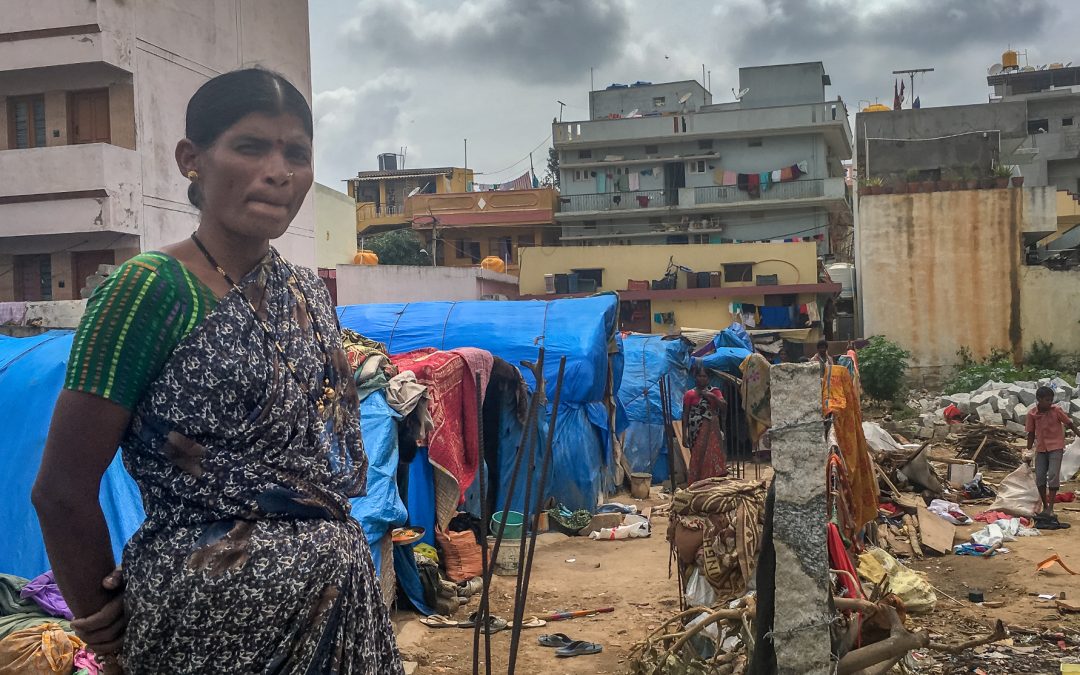New data
A new international study by UvA researchers Peter Sloot, Michael Lees, and Debraj Roy has yielded extensive data on slums in Bangalore and provides a detailed insight into the problem of poverty in India. The highly granular data, which was collected through a field survey of 36 slums, could lead to a better understanding of poverty and to more effective strategies for managing and improving conditions for slum dwellers. The results were recently published in the journal Nature Scientific Data.
In 2010, an estimated 860 million people were believed to be living in slums worldwide. In order to formulate effective slum development programs and poverty alleviation methods, more insight is needed into the characteristics and needs of slum dwelling communities. As part of their study, the researchers collected data to gain a more complete picture of the problem and developed predictive computer models. ‘Until now, the available data wasn’t sufficient enough to build the advanced computer models needed to calculate intervention scenarios’, says Sloot, who is professor of Computational Science and director of the UvA’s Institute for Advanced Study.
Publication details
Debraj Roy, Bharath Palavalli, Niveditha Menon, Robin King, Karin Pfeffer, Michael H. Lees & Peter M.A. Sloot: ‘Survey-based socio-economic data from slums in Bangalore, India’, in: Nature Scientific Data 5 (9 januari 2018). https://www.nature.com/articles/sdata2017200


